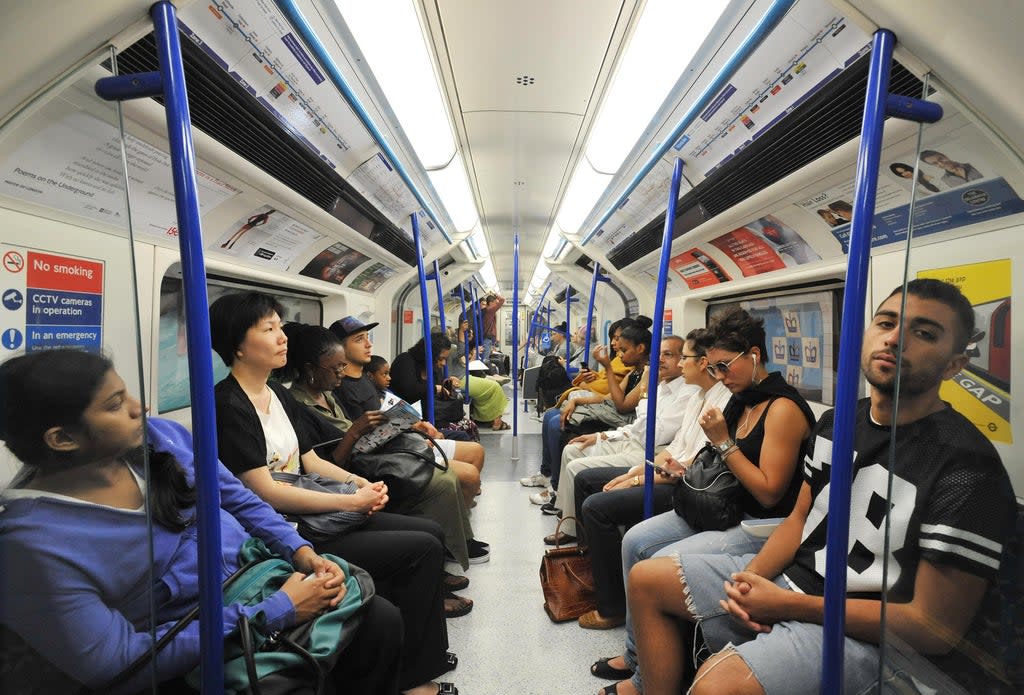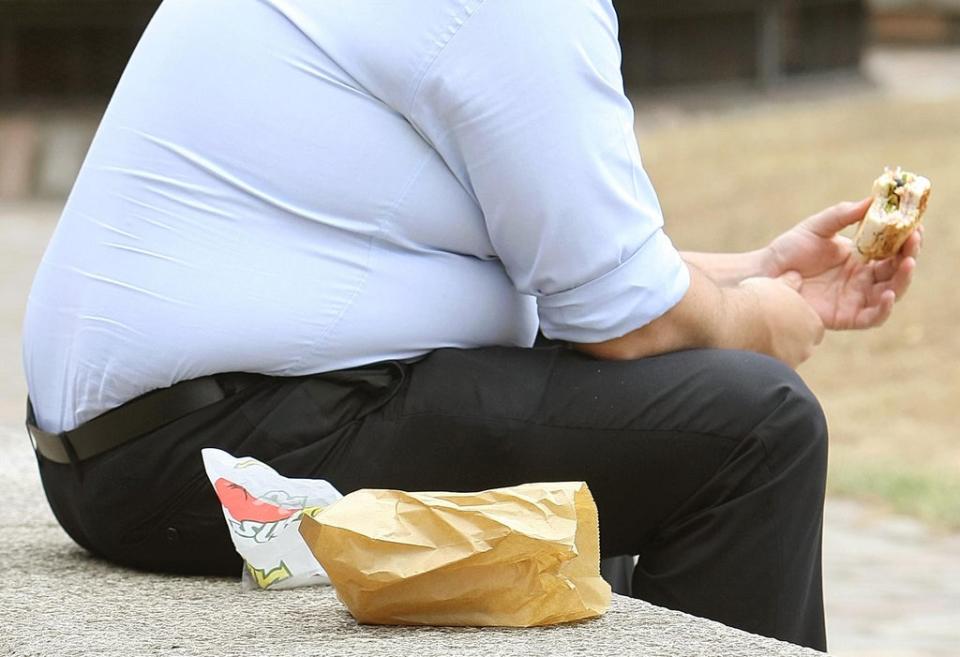Londoners ‘buy less junk food’ after advertising ban on Tube and buses, study finds

Londoners are eating less junk food after Sadiq Khan banned advertising across the Transport for London (TfL) network, a study has found.
Households purchased 1,000 fewer calories a week (6.7 per cent) due to the advertising ban, according to research from the London School of Hygiene & Tropical Medicine.
Chocolate and confectionary produce saw the largest drop of 20 per cent or 318 calories, across high fat, salt and sugar (HFSS) food products.
The mayor’s “groundbreaking” initiative also saw a sugar purchase reduction of 80.7g per week - surpassing the Government’s Sugary Drinks Industry Levy’s (SDIL) of 32g per week.
Mr Khan said: “It is a scandal that London has such high levels of child obesity and, that in a city as prosperous as ours, where you live and the amount you earn can have such a huge bearing on whether you have access to healthy and nutritious food.
“There is no denying that advertising plays an enormous role in putting less healthy food and drink in the spotlight, and I am pleased to see the positive impact these groundbreaking measures have had, leading to a real reduction in the amount of junk food being purchased.
“I am determined to continue this work, starting with providing local councils the support they need to help effect change at a local level, so Londoners’ lives can be improved and the burdens on our overstretched heath service reduced.”
Jamie Oliver added: "We championed this policy right from the start, and were thrilled when Sadiq and his team took this brave leap in the right direction.
“It's great to see today's crystal clear evidence that taking junk food ads off London's buses, tubes and trains means Londoners consume fewer calories each week.
“This brilliant policy is popular with the public, and businesses were quick to adapt and simply promoted healthier products from their ranges. Now it's time for Boris Johnson to put child health above short term political maneuvering.
“He must deliver on his obesity strategy in full, including his own promise to restrict junk food ads on TV and online, so the whole country can benefit."

The research team looked at a sample of household food and drink purchases in London and the North of England where purchasing trends are similar to London but restrictions were not implemented.
The initiative was launched in 2019 in order to tackle what the mayor called at the time, the “ticking time bomb” of childhood obesity.
The ban is aimed at products high in fat, salt and sugar (HFSS), including sugary drinks, cheeseburgers, chocolate bars and salted nuts, with restrictions in place across the Underground, Overground, buses, Docklands Light Railway, taxis and on TfL-owned roadside advertising sites such as roundabouts and bus stops.
Close to a third of the capital’s children aged between 10 and 11 are overweight or obese, according to figures.
While successful three years on, at the time the initiative was previously criticised for being “confusing”.
TfL also decided to remove strawberries and cream from its own Wimbledon advert because it thought it could contravene the rules by promoting a fatty food.
The study ran from 18 June 2018 to 29 December 2019.
The research team compared average weekly purchases of HFSS products in 977 London households to an estimate of what would have happened without the policy.
This estimate was based on the trend in purchasing in London before the policy and changes seen in households in a control area (993 homes in North of England) after the policy was implemented.

 Yahoo News
Yahoo News 
